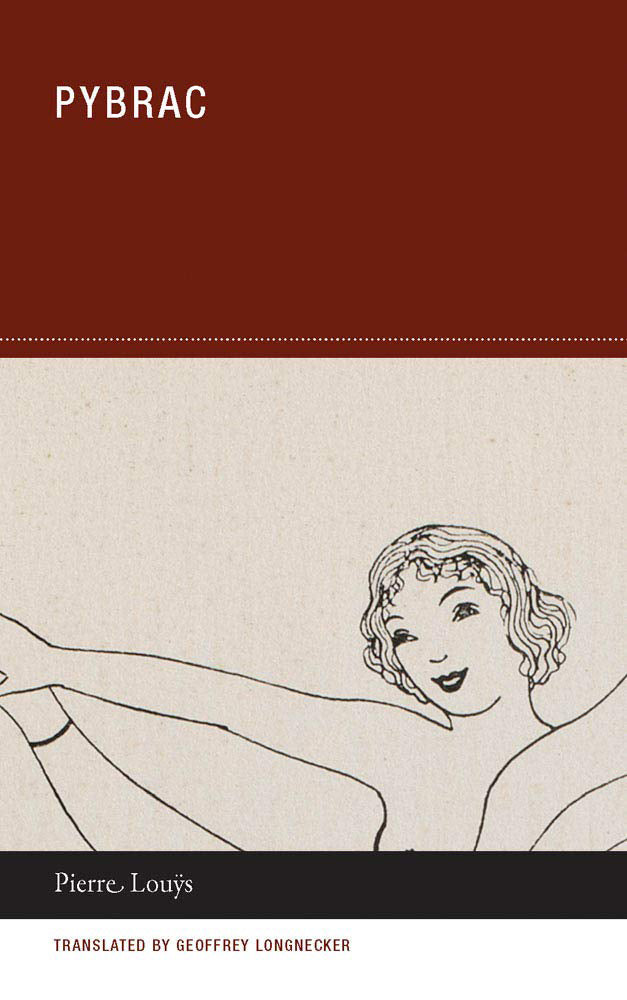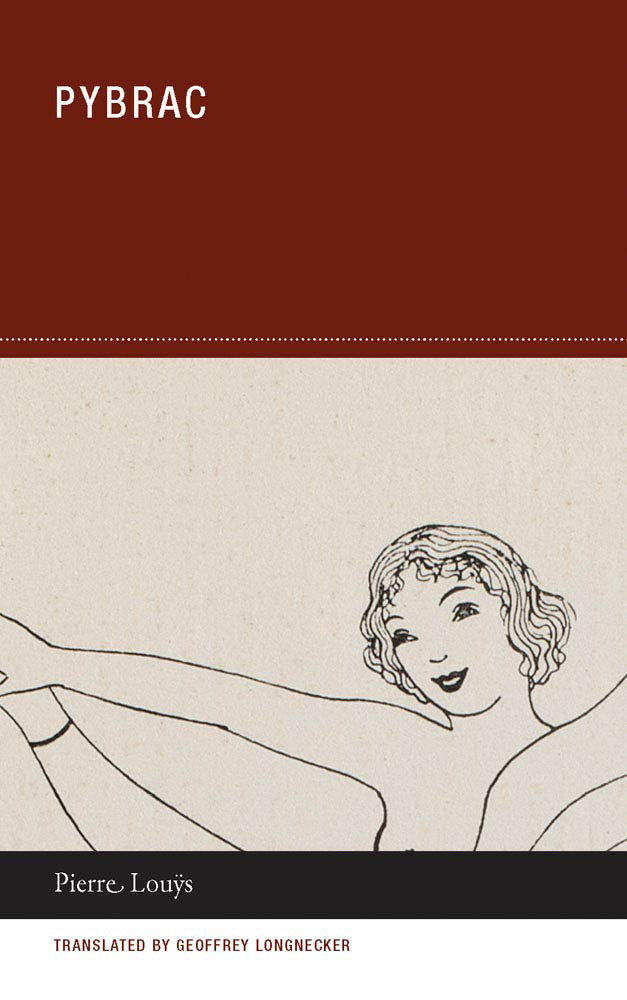Pybrac
Pybrac
Pierre Louÿs
Couldn't load pickup availability
Translated, with an introduction, by Geoffrey Longnecker / Illustrations by Toyen / April 2014 / 4.5 x 7, 160 pp. / 978-1-939663-02-3
In turns amusing and offensive, Pierre Louÿs’ Pybrac is possibly the filthiest collection of poetry ever published, and offers a taste of what the Marquis de Sade might have produced if he had ever turned his hand to verse. First published posthumously in 1927, Pybrac was, with The Young Girl’s Handbook of Good Manners, one of the first of Louÿs’ secret erotic manuscripts to see clandestine publication. Composed of 313 rhymed alexandrine quatrains, the majority of them starting with the phrase “I do not like to see…,” Pybrac is in form a mockery of sixteenth-century chancellor poet Guy Du Faur, Seigneur de Pibrac, whose moralizing quatrains were common literary fare for young French readers until the nineteenth century. Louÿs spent his life coming up with his own evergrowing collection of rhymed moral precepts (suitable only for adult readers): a dizzying litany describing everything he “disliked” witnessing, from lesbianism, sodomy, incest, and prostitution to perversions extreme enough to give even a modern reader pause. With the rest of his erotic manuscripts, the original collection of over 2,000 quatrains was auctioned off and scattered throughout private collections; but like everything erotic, what remains collected here conveys an impression of unending absurdity and near hypnotic obsession.
Pierre Louÿs (1870–1925) was a best-selling author in his time, and a friend of and influence on such luminaries as André Gide, Paul Valéry, Oscar Wilde, and Stephane Mallarmé. He achieved instant notoriety with Aphrodite and The Songs of Bilitis, and his 1898 novel The Woman and the Puppet has been adapted for the screen in such noteworthy films as Josef von Sternberg’s The Devil Is a Woman and Luis Buñuel’s That Obscure Object of Desire. But it was only after his death that his true legacy was to be uncovered: nearly nine hundred pounds of erotic manuscripts were discovered in his home, all of them immediately scattered among collectors and many lost. The body of work that has since been gathered—manuscripts continue to be discovered—leaves little doubt: Louÿs is the greatest French writer of erotica there ever was.
“Louÿs entered eroticism the way others enter politics or religion”—Jean-Paul Goujon
“One of the great and glorious erotomaniacs of the end of the nineteenth century and the beginning of the twentieth”—André Pieyre de Mandiargues


